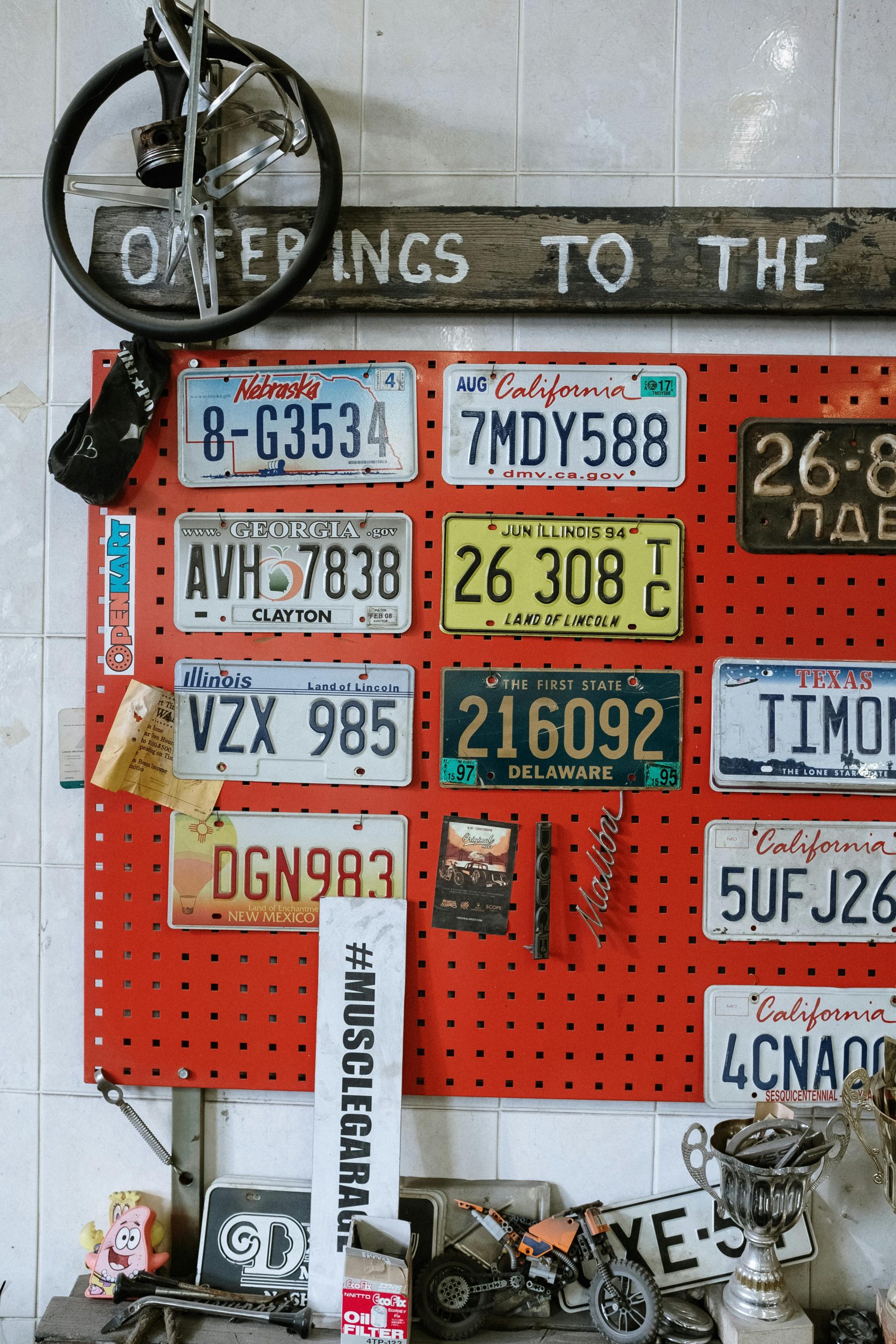Understanding Liability Coverage When You’re Not the Driver: What You Need to Know
Navigating the intricacies of auto insurance can be confusing, especially when you’re not the one behind the wheel. Recently, a scenario arose that highlights some critical questions about coverage and liability that many drivers might find themselves asking.
Imagine this: A friend was operating their truck when an unexpected incident occurred. As a pedestrian nearby, I inadvertently caused a substantial dent to their vehicle, enough to require professional repairs. I am insured through USAA with liability coverage, but I’m left wondering about a few essential points:
- Am I protected under my liability policy if I wasn’t the one driving but caused the damage?
- Will inquiring about this claim negatively impact my insurance rates?
Key Considerations
Typically, auto liability insurance follows the vehicle rather than the driver. This means that if you’re not the primary insured driver, your policy may still provide coverage if you cause damage while operating a friend’s vehicle, provided you’re permitted to drive that car. However, situations where a pedestrian or bystander causes damage to a vehicle—like in this case—are more nuanced. Often, the vehicle owner’s comprehensive or collision coverage would be primarily responsible, or the other driver’s insurance might come into play.
In this specific example, a young individual—my 19-year-old son—thought it was amusing to jump into a family’s parked vehicle. His knee struck the passenger door, resulting in a significant dent. He acknowledged the foolishness of his actions, highlighting how unpredictable and accidental these incidents can be.
Practical Advice
-
Contact Your Insurer: It’s always advisable to notify your insurance company about any incident—even if you’re unsure about coverage. They can clarify whether your policy responds and what the implications might be.
-
Impact on Premiums: Asking your insurer about potential claims usually doesn’t harm your rate immediately, but frequent inquiries or claims can influence long-term premiums. Open communication is generally better than avoiding the topic altogether.
-
Understanding Your Policy: Review your liability and comprehensive coverage details to understand your protections fully. If uncertainty persists, speaking directly with your insurer or a qualified insurance professional can provide peace of mind.
Final Thoughts
In any incident involving vehicle damage, transparency and prompt communication with your insurer are vital. Knowing your coverage limits and responsibilities helps you navigate potential costs with confidence, preventing surprises when least expected. Remember, accidents can happen to anyone, and how you



